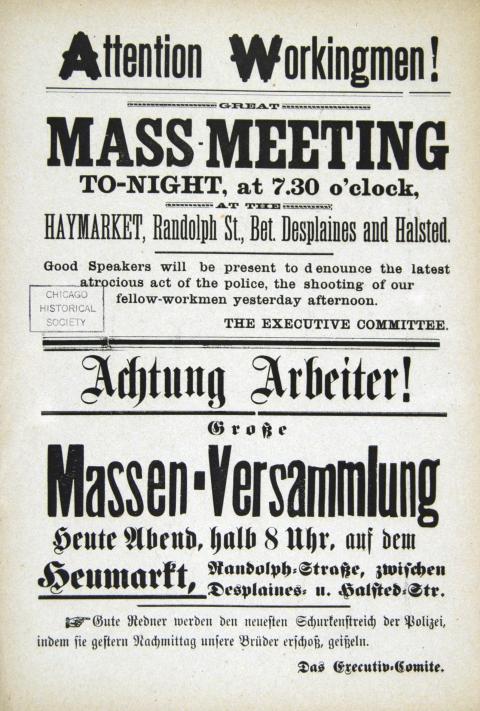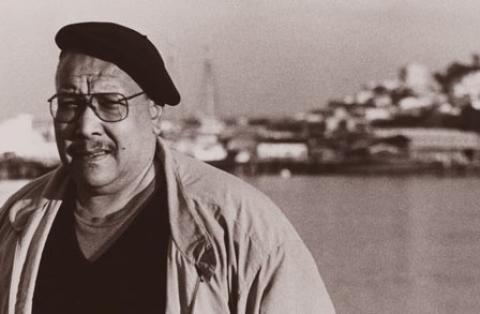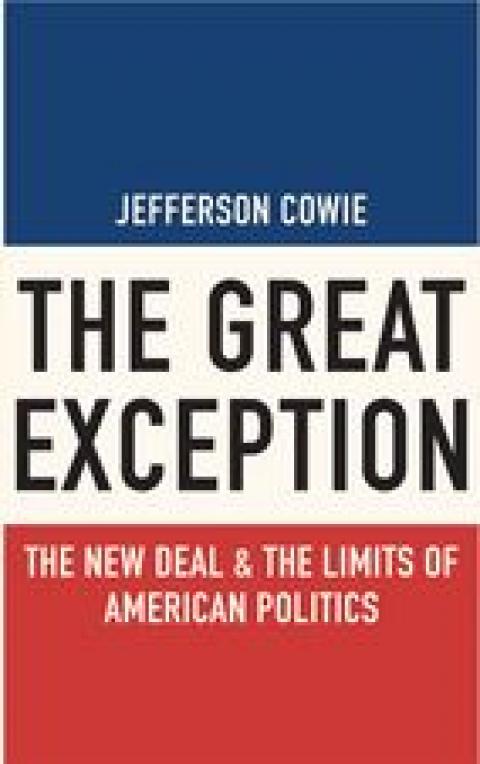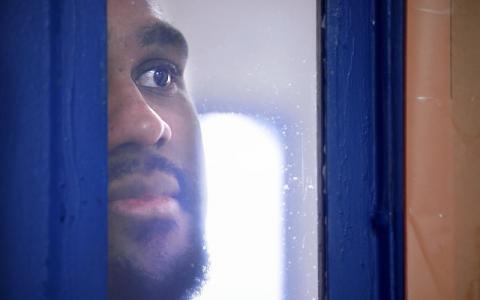Messer-Kruse's Contentious Haymarket History
Against the Current

In left labor circles, it's been a settled question that the Haymarket martyrs, victims of ruling class justice, were framed, and May Day's radical origins are based on remembering the martyrs. The author of the books under review, using a close reading of the trial record, supports the court finding that the accused anarchists conspired to murder police during the epochal 1886 labor demonstration in Chicago. The reviewer strongly disputes the author's conclusions.








Spread the word